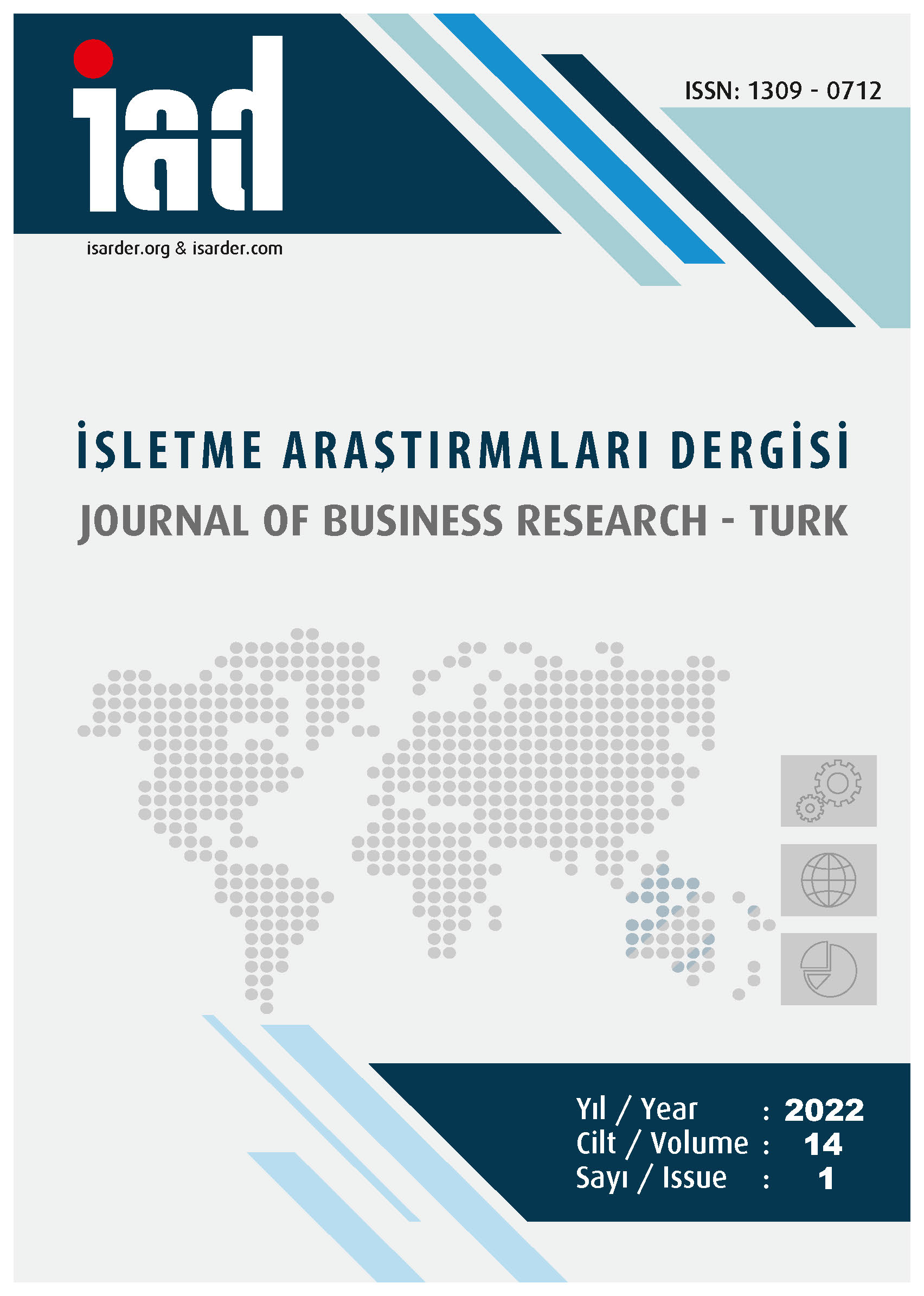Ethics in Turkish Accounting Literature: A Methodological and Contextual Evaluation
DOI:
https://doi.org/10.20491/isarder.2022.1395Keywords:
Accounting, Ethics, ContextAbstract
Purpose – Thisstudy has two main aims. First of all, studies in the field of accounting ethics in Turkey were examined methodologically, and in this context, there search methods and data collection techniques used in the studies were tried to be determined. As the second aim, it is aimed to reveal to what extent theTurkish context is taken into consideration in the field of accounting ethics. Design/methodology/approach – Content analysis, one of the qualitative research methods, was used in there search. In this context, in this study, articles on ethics published in Mödav, Mufad, Accounting and Auditing Journals, which are the most widely published journals in the field of accounting in Turkey, were examined in terms of method and context. Finding – As a result of thestudy, it was determined that empirical studies were predominant in terms of method. In terms of context, it was determined that studies based on context were dominant. However, there are no context-specific studies. Discussion – As a result of the findings, it is seen that the studies on the subject of ethics in the accounting literature are methodologically focused on the uniform method. In addition, the general view in ethical studies in thefield of accounting is that objectivist and functionalist paradigms are dominant.
Downloads
Published
How to Cite
Issue
Section
License

This work is licensed under a Creative Commons Attribution-NoDerivatives 4.0 International License.





